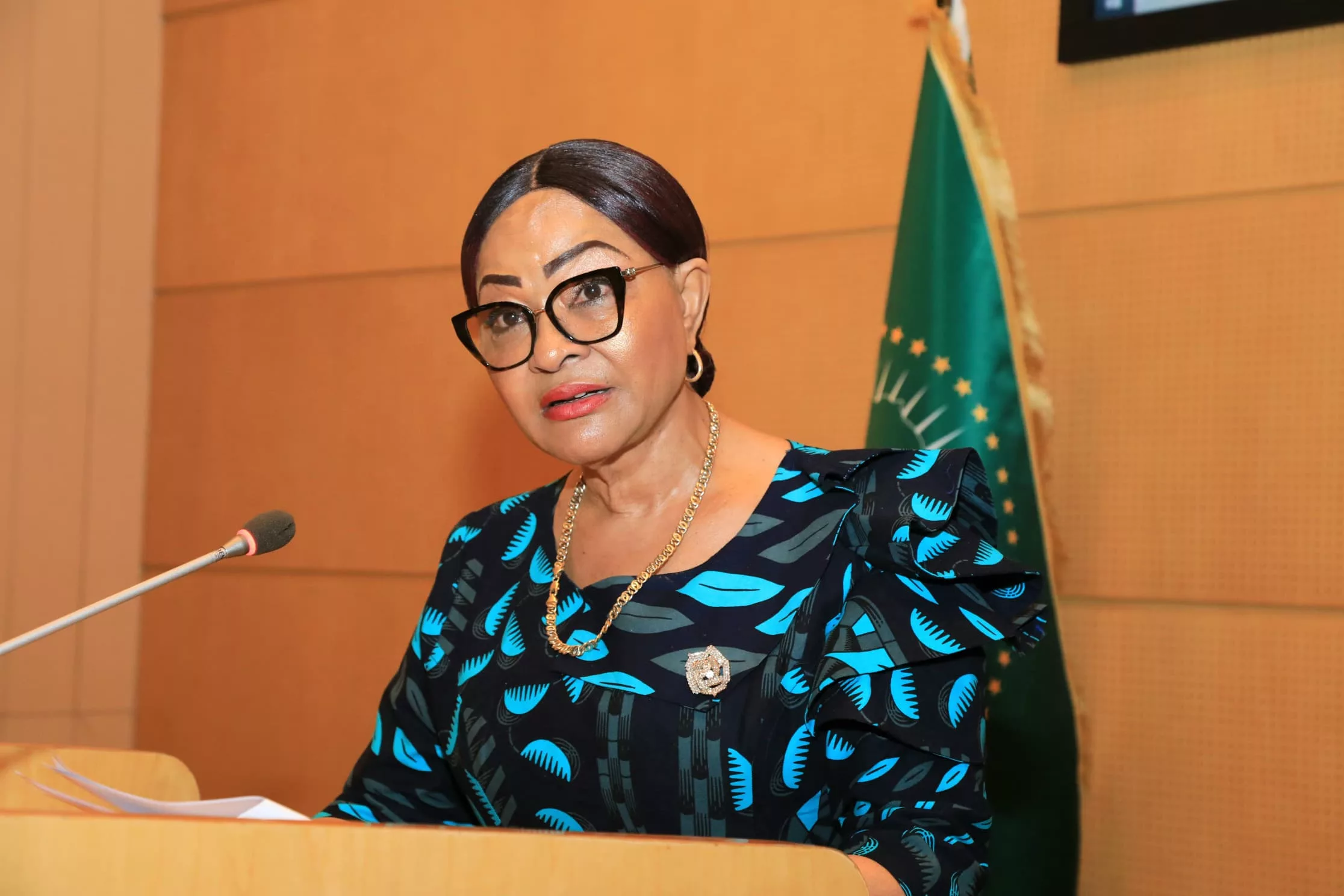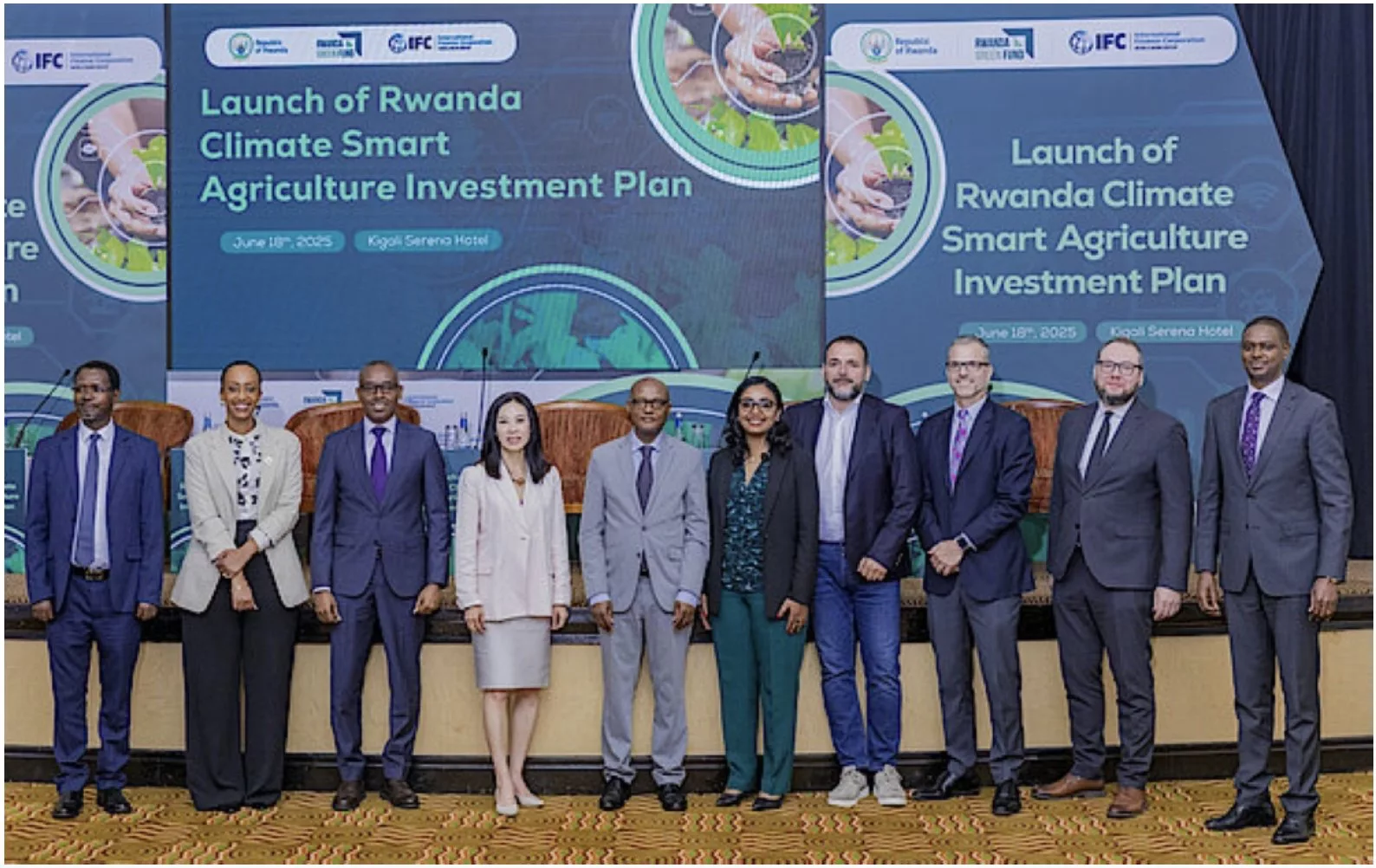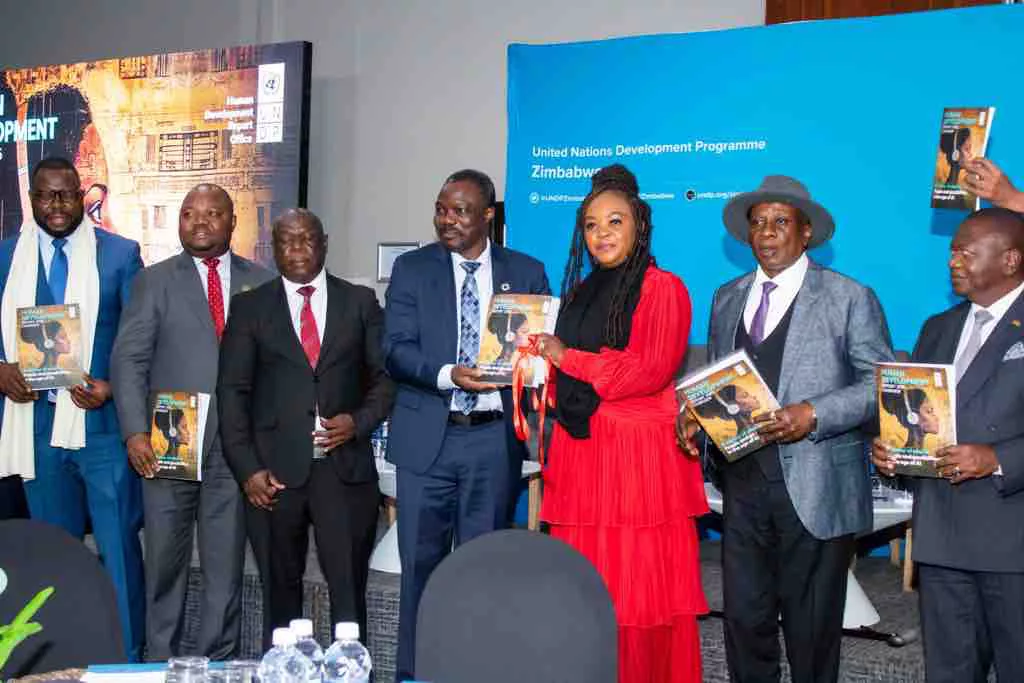|
Getting your Trinity Audio player ready...
|
Addis Ababa (Ethiopia) 26/10/24 – African Union Commissioner Josefa Correia Sacko reiterated in Addis Ababa the need to maintain the strengths of the continent’s comprehensive agricultural development programme to respond to economic shocks, emerging climate change issues, conflicts and plant and animal diseases.
Josefa Sacko, who was speaking at the Ministerial follow-up to the extraordinary session of the AU’s specialised technical committee on agriculture, rural development, water and the environment (ARDWE), said that successive biennial review reports indicate that the continent is not yet on track to achieve the Malabo 2025 objectives.
“For example, in the fourth biennial review report that was adopted in January 2024, the results reveal that no country is on track, while 26 countries have seen their scores improve since the third biennial review cycle,” she emphasised.
The diplomat reaffirmed that in short, despite the efforts made in many countries to fulfil the goal of healthy and well-nourished citizens, the sustainable development goals, as well as zero hunger, and ending hunger and all forms of malnutrition by 2025, the continent is not on track to achieve any of these.
Following these indicators, the 37th Ordinary Session of the AU Assembly, held in February 2024, recognised the importance of developing the successor to the 10-year CAADP implementation plan before the Malabo Declaration expires in 2025, the process of which adopted a three-stream approach that included stakeholder consultations, analysis, design and political mobilisation across the continent.
According to the Commissioner for Agriculture, Rural Development, Blue Economy and Sustainable Environment, the post-Malabo agenda represents a rethinking of Africa’s priorities, while building on current strengths and adapting strategically to meet emerging challenges and align with global trends.
“CAADP is also based on the need to address persistent challenges, unfinished business to achieve the objectives of the previous programme, and to adapt to the changing global context, align with Agenda 2063 and seize new opportunities for agricultural transformation and inclusive growth,” she said.
She emphasised that CAADP’s ten-year strategy and action plan aims at the respective draft Kampala Declaration on advancing the inclusive transformation of Africa’s agri-food systems for sustainable economic growth and shared prosperity.
She noted that to face new challenges ahead of the 5th ordinary session of the specialised technical committee, she had asked the AU Commission to accelerate the operationalisation of the African food safety agency to ensure responsibility for strengthening the capacity, governance, coordination and harmonisation of food safety systems in Africa.
Josefa Sacko assured that the critical importance of the Agency to boost various priorities of the continent is fundamental for food safety regulations, technical support to improve this aspect to support agricultural transformation, safeguarding consumer health and facilitating trade in Member States, including the implementation of the African Continental Free Trade Area.
She said that in the context of the evaluation process for more Centres of Excellence (COE) institutions related to fisheries, aquaculture, conservation of aquatic biodiversity and ecosystem management, six new ones have been identified to add to the eight existing ones previously approved.
“It is hoped that these centres will develop and strengthen the capacities of our member states to carry out high-quality research and training in relevant disciplines of fisheries, aquaculture, conservation of aquatic biodiversity and ecosystem management,” said the AU Commissioner.
In conclusion, Josefa Sacko, who ends her mandate with the continental organisation at the beginning of 2025, believes that the dedication and hard work that has been ‘the cornerstone of success, have left the foundations built that will continue to promote growth, continuity and innovation in the years to come’, she stressed.






